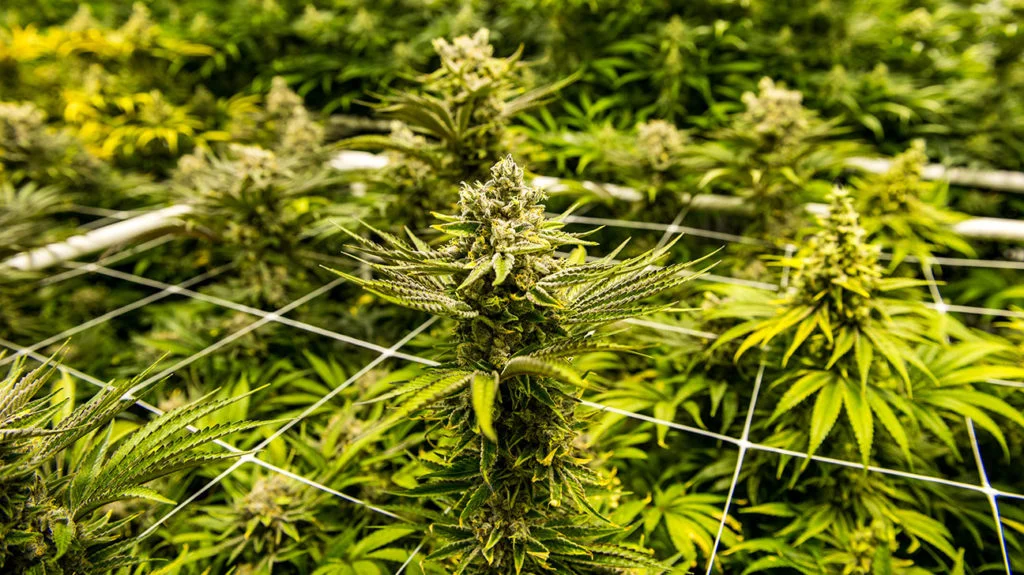THE European Union (EU) is not motivated by commercial self-interest in seeking economic partnership agreements (EPAs) with Namibia and other African-Caribbean-Pacific (ACP) countries, Dr Elizabeth Pape, the European Commission’s (EC) Ambassador to Namibia, said on the eve of the watershed EPA meeting between Trade and Industry Minister Hage Geingob and his peers from the Southern African Development Community (SADC) in Botswana today.
It is believed that Geingob and his fellow trade ministers from South Africa, Swaziland, Lesotho, Mozambique, Angola and Botswana will attempt to find a common stance on signing the controversial pact during their one-day meeting in Gaborone.Negotiations between the ACP and the EU have been dragging on for two years as the economic superpower simply could not persuade countries like Namibia and South Africa to even initial the interim agreement. Namibia provisionally initialled the interim EPA so that its table grapes, beef and fish could retain quota- and tariff-free access to EU markets.Of the six EPA regions – Caribbean, West Africa, Central Africa, Eastern and Southern Africa, SADC and the Pacific – only the Caribbean has so far signed the full EPA. Papua New Guinea, Fiji, the Ivory Coast and Cameroon have signed interim EPAs, while 18 African countries have initialled the agreement.’The immediate priority is now to sign all the agreements concluded at the end of 2007,’ Pape says in the latest issue of European Union News, the EC’s newsletter in Namibia.’Only then can these arrangements be notified to the World Trade Organisation (WTO) and secure duty-free, quota-free market access currently granted by the EU,’ she says.In the newsletter Pape puts what she calls ‘six common misconceptions’ about EPAs, into perspective.According to Pape:•the EC has not forced ACP countries into interim EPAs;•ACP markets will not be flooded by cheap European imports once interim EPAs are signed;•signing interim EPAs will not undermine regional integration in the ACP;•the revenue of ACP governments won’t decline because of lower import duties;•future development funds from the EU are not linked to signing EPAs; and •the EU is not insisting on further negotiations on investment and services in full EPAs.Pape rather blames other WTO members, including non-ACP developing countries, for insisting that EPAs are concluded so that the EU and the ACP ‘would respect their commitment to make their trade relations WTO compatible by January 1 2007’, when the preceding EU/ACP trade pact, the Cotonou Agreement, lapsed.On dumping fears, Pape says EU companies want integrated supply chains that build up processing in ACP countries, not barriers that prevent it.’EU companies export very little to the ACP and EU investors show too little interest in building up companies in these markets, not too much!’ she says.Pape maintains that the phasing in of lower import tariffs will prevent dramatic changes in government revenue, Furthermore, she ensures that the ‘EU is ready to assist with fiscal reform and adjustment to cushion any net fiscal losses observed as a result of EPAs and has the means to do so’.The EU has never tied development finance to the signing of EPAs, Pape says about the eight billion euro allocated to 31 African countries in the 10th European Development Fund (EDF). She also says that the EU has never indicated that it would insist on investment and services being covered by the EPAs.’But it has said that it believes that there are good development reasons why they should be.’Pape furthermore says the ACP’s and EU’s commitment to regional integration and building regional markets among ACP countries has not changed.Fears that regional integration may suffer as a result of EPAs remain at the core of SADC’s concerns about signing the agreement, mainly in the form of the Definition of Parties (DoP) issue.Critics have warned that this clause would require the Southern African Customs Union (Sacu) to legally include Angola and Mozambique in it. This might be destabilising and threaten regional integration in SADC, they claim.The major unresolved issue is that of the Most Favoured Nation (MFN) clause, which obliges SADC to extend the same preferences to the EU that it gives other future trade partners, provided that the latter contribute 1,5 per cent to world trade.Ambassador Pape remains quiet on this issue in the newsletter.jo-mare@namibian.com.na
Stay informed with The Namibian – your source for credible journalism. Get in-depth reporting and opinions for
only N$85 a month. Invest in journalism, invest in democracy –
Subscribe Now!









